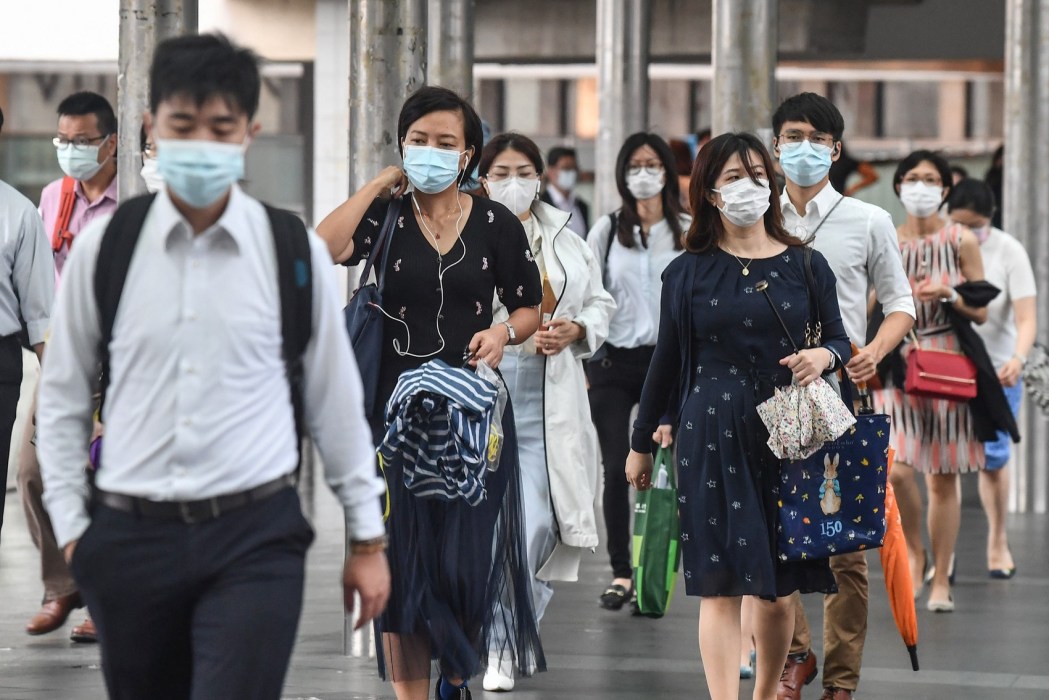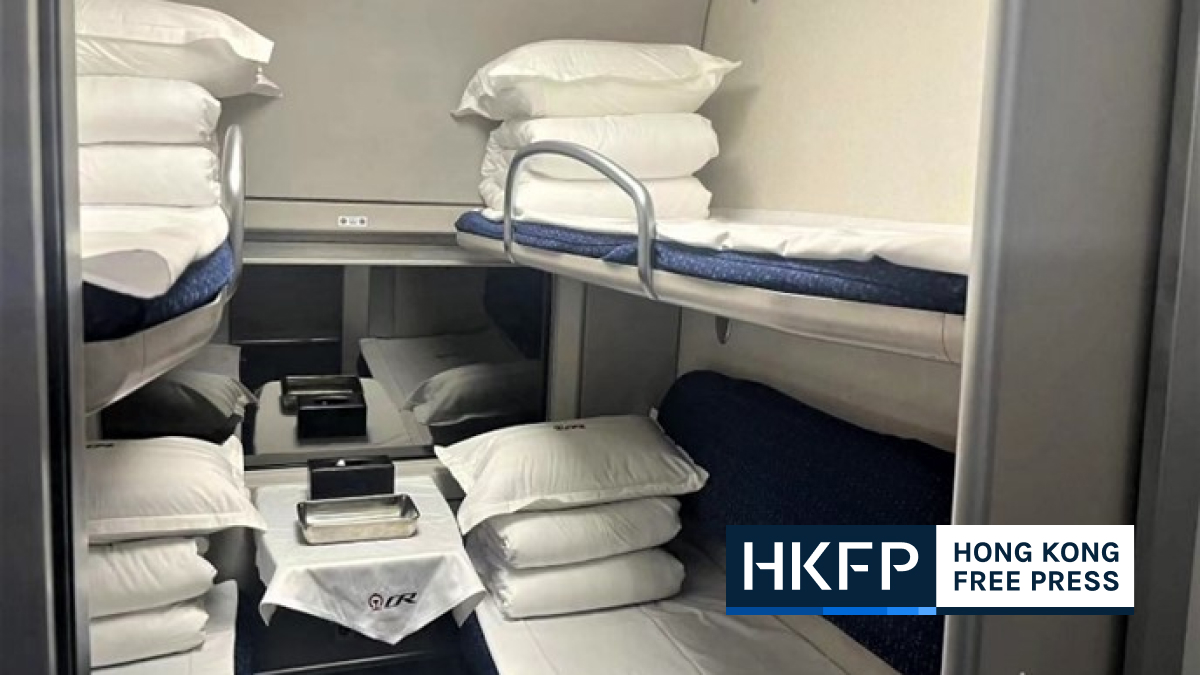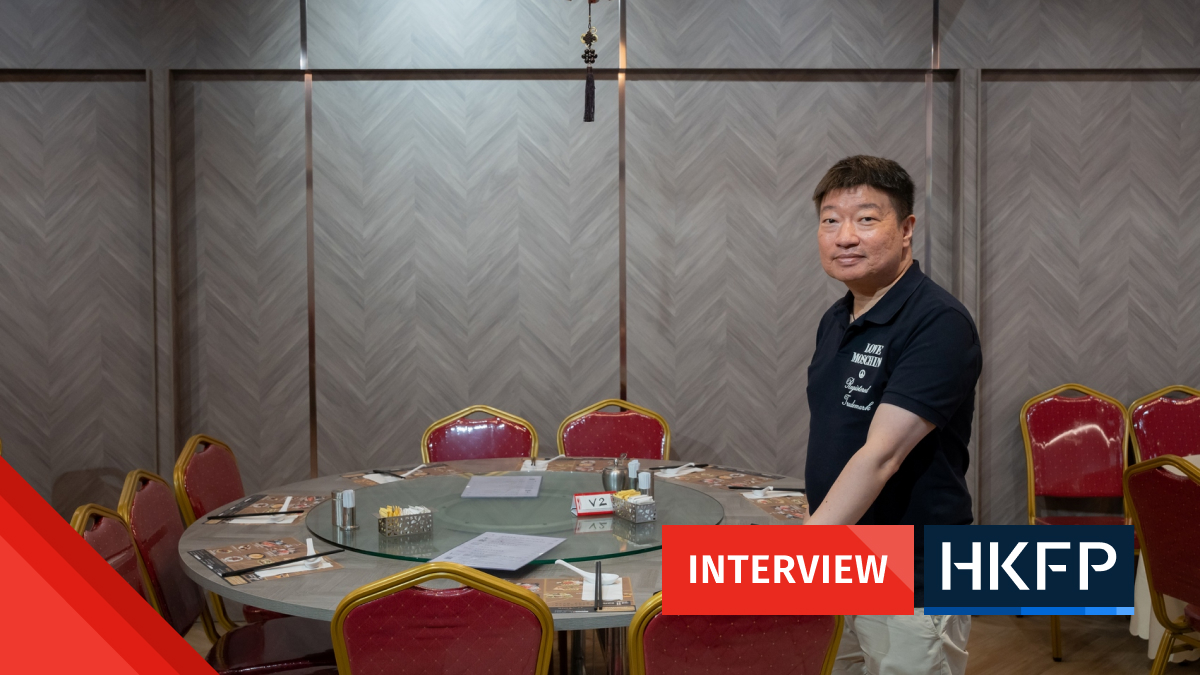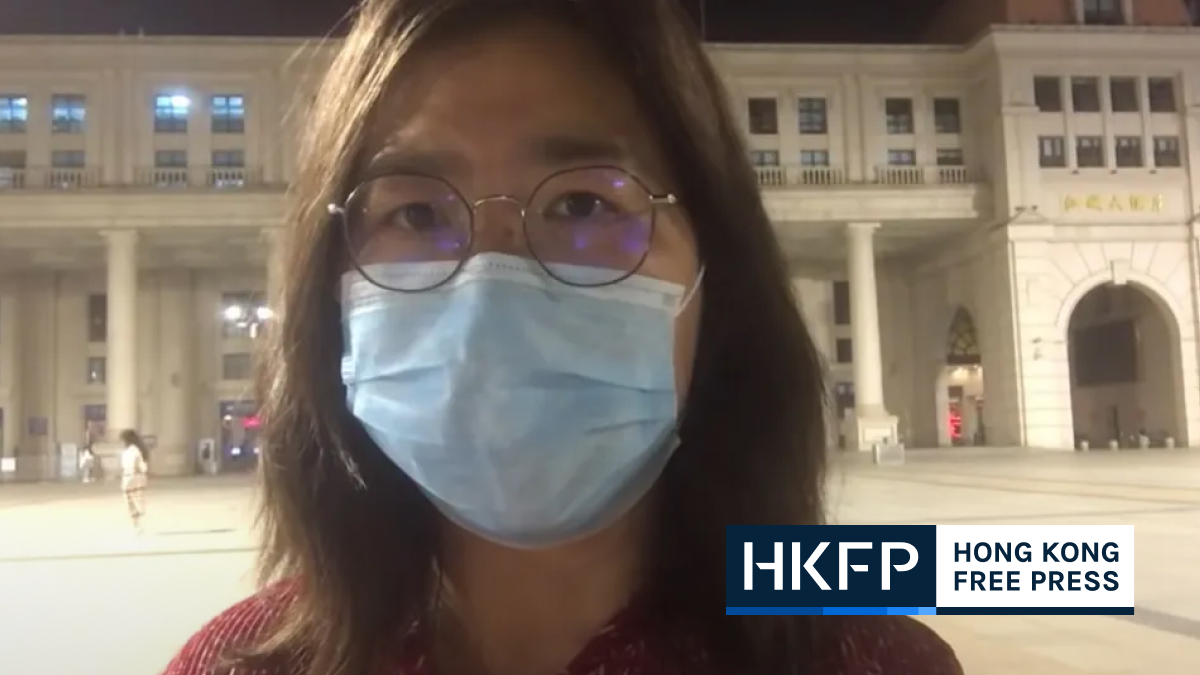Hong Kong has announced a significant easing of its coronavirus rules, including a cut in compulsory quarantine periods for travellers, as the city passed its 14th day without any local infections.
But Chief Executive Carrie Lam said Monday the four-person limit on outdoor gatherings would stay, although she denied the intention was to suppress protests.

Restaurants where all staff have received one dose of vaccine will be allowed to operate at 75 per cent of capacity provided customers use the LeaveHomeSafe tracing app.
Restaurants in which all members of staff have been fully vaccinated – and with customers having received at least one dose – will be allowed to operate at full capacity, with up to 12 people per table.
They will also be allowed to host banquets of up to 180 people as long as two-thirds of attendees have been vaccinated.
Outdoor group gatherings are still limited to no more than four people, but venues hosting religious gatherings, weddings, and shareholder meetings can be filled up to 50 per cent capacity. If two-thirds of attendees have received at least one dose, they can operate at 100 per cent of capacity.
Bars and nightclubs can seat up to four people per table, while party rooms and karaoke venues can sit up to eight people per room. The capacity of swimming pools will be increased to 50 per cent. Current limits for public baths and cinemas will be extended.
Social-distancing measures for gyms will also be relaxed depending on whether staff and clientele have been vaccinated.
Asked about the continuing four-person limit, Lam said the administration was not targeting protests.

“We are not discriminating or penalising a particular type of activity. After all, Hong Kong is a very free society, and the freedom of expression, freedom of protest are being honoured under the Basic Law,” she said. “But we are dealing with a public health pandemic that is still hitting the world…”
Hong Kong has reported 11,890 coronavirus infections and 210 deaths since the beginning of the pandemic over a year ago. The eased rules will come into force on Thursday.
Shorter compulsory quarantines
The government will also relax strict quarantine measures for Hong Kong residents and other arriving travellers.

Quarantine for Hong Kong residents arriving from high-risk or medium-risk nations or from Taiwan will be reduced to seven days, followed by seven days of self-monitoring, if they have been fully vaccinated, have a negative Covid-19 test result, and had had a positive Covid-19 antibody result within the past three months.
They will have to take two coronavirus tests during the seven-day quarantine period, and three other tests on the 12th, 16th, and 19th day after arrival.
Non-residents from high-risk or medium risk nations, or from Taiwan, will be allowed to enter the city if fully vaccinated. They will then have to complete a seven-day compulsory quarantine if they have a positive Covid-19 antibody test result conducted within the past three months.
The eased rules will apply to countries including Britain and Italy, Japan, Singapore, Thailand, and the United States.
The new rules could be implemented from June 30. The government is looking into providing Covid-19 antibody tests at Hong Kong International Airport for incoming travellers.
Support HKFP | Policies & Ethics | Error/typo? | Contact Us | Newsletter | Transparency & Annual Report | Apps
Help safeguard press freedom & keep HKFP free for all readers by supporting our team















